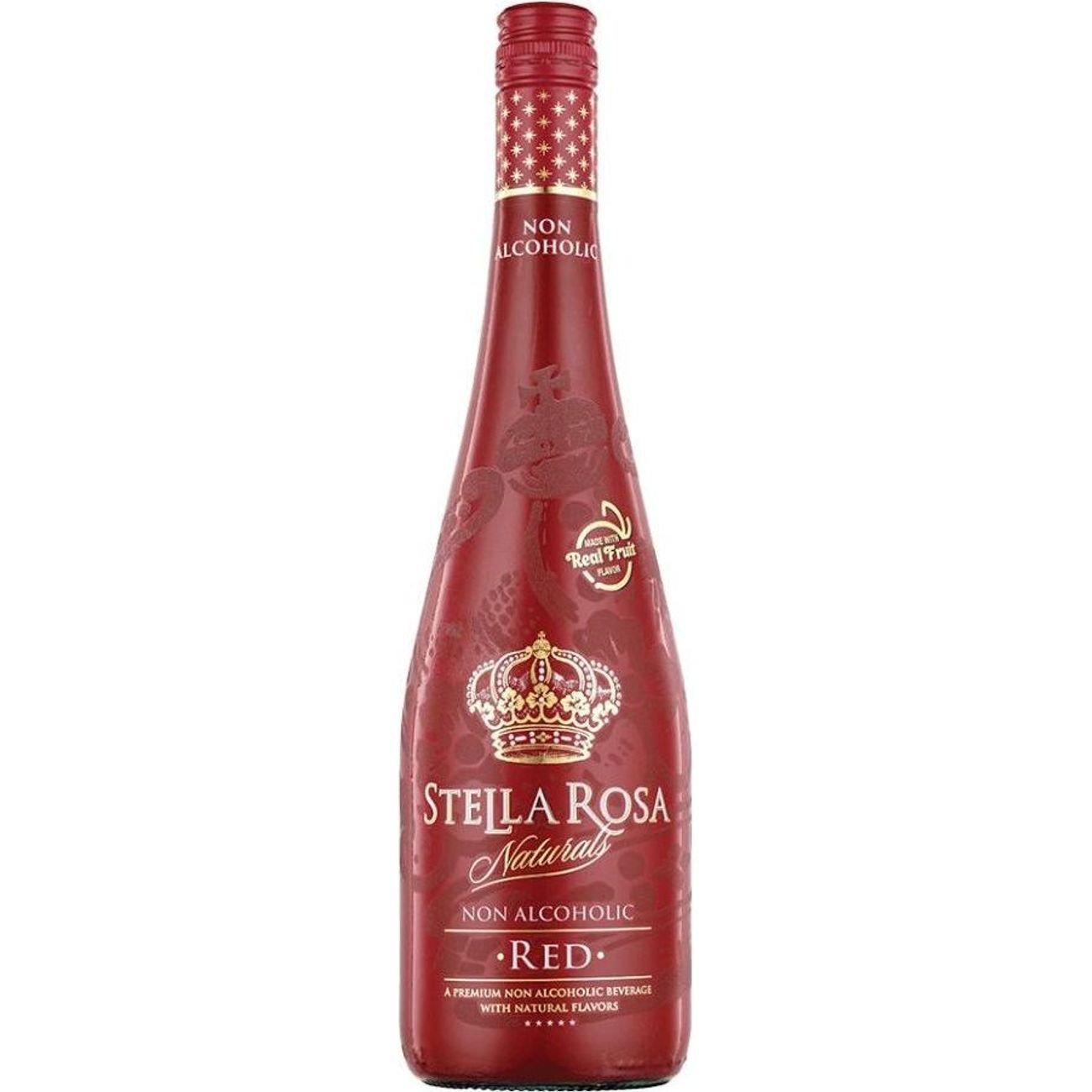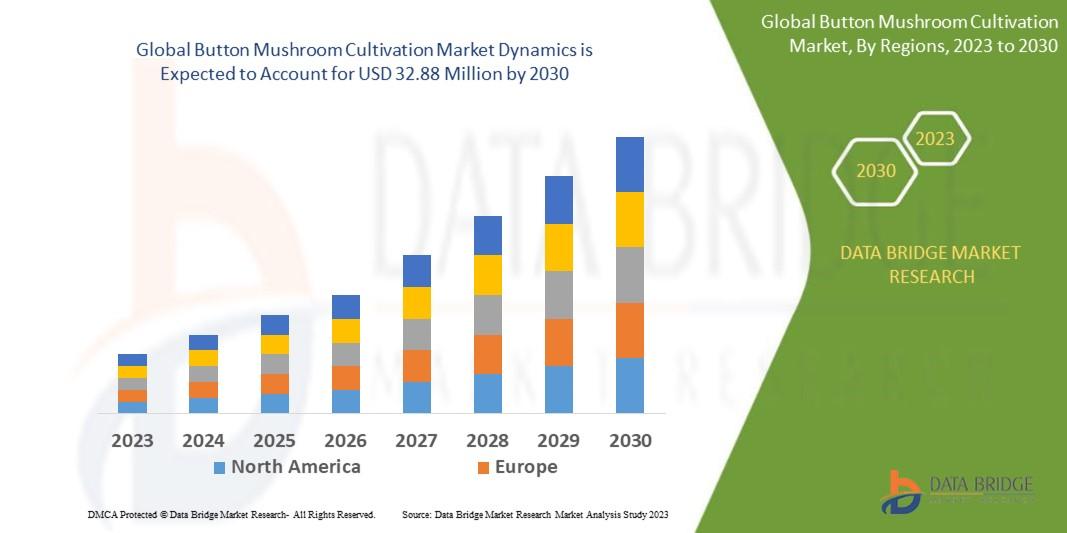Best Non Alcoholic Wines for Every Celebration

There was a time when celebrations were synonymous with alcohol, but in today’s world, more people are embracing mindful drinking and seeking sophisticated alternatives that align with healthier lifestyles. This shift has given rise to a rapidly growing market for non alcoholic wines, beverages that capture the essence, flavor, and sophistication of traditional wines without the intoxicating effects. Whether it’s for health reasons, religious beliefs, pregnancy, or personal preference, these wines offer an inclusive way to enjoy the joy of a toast. With their growing popularity, Beclink explores how this category is revolutionizing social drinking, offering everyone a seat at the celebration table.
The Rise of Non Alcoholic Wines
The popularity of non alcoholic wines has soared in recent years due to an increased focus on health, wellness, and moderation. People are becoming more conscious of what they consume and are turning to alternatives that allow them to enjoy a social experience without compromising their well-being. The technology behind these wines has also advanced significantly—today’s producers use sophisticated dealcoholization techniques that preserve the flavors and aromas of traditional wines. According to global beverage reports, the non-alcoholic wine market is expected to grow by more than 7% annually over the next decade. This surge shows how consumer preferences are shifting toward balance, not deprivation. These wines provide all the pleasure and sophistication of traditional options while supporting a more mindful lifestyle.
What Makes Non Alcoholic Wines Different
The biggest misconception about non alcoholic wines is that they are simply grape juice in disguise. In reality, these beverages are crafted through the same winemaking process as traditional wines, including fermentation and aging. The alcohol is gently removed afterward, using techniques like vacuum distillation or reverse osmosis. This ensures that the wine retains its complex flavor profile, body, and aroma. Unlike regular grape juice, non-alcoholic wine offers depth and character derived from tannins, acidity, and fermentation. Many brands also age their wines in oak barrels, further enhancing the richness and structure. For wine lovers who appreciate the nuances of a fine bottle but want to skip the hangover, these alternatives deliver an experience that’s both refined and refreshing.
Health Benefits of Choosing Non Alcoholic Wines
Health-conscious individuals are increasingly turning to non alcoholic wines as a smarter alternative to traditional alcohol. These wines offer significantly fewer calories and no intoxicating effects, making them ideal for people managing their weight or monitoring their alcohol intake. Since they retain antioxidants like polyphenols and resveratrol—compounds found in grape skins—they may even support cardiovascular health. Additionally, these wines are a great choice for pregnant women, designated drivers, or anyone who prefers not to drink but still wants to participate in a social toast. Research shows that reducing alcohol consumption can improve sleep quality, skin health, and overall energy levels. With options that taste just as delightful as the originals, the trade-off is practically nonexistent.
Popular Varieties of Non Alcoholic Wines
Just like traditional wine, non alcoholic wines come in a wide range of styles to suit every palate and occasion. For fans of white wines, you’ll find options like Sauvignon Blanc and Chardonnay with crisp, citrusy, or buttery notes. Red wine enthusiasts can enjoy non-alcoholic Merlot, Cabernet Sauvignon, or Shiraz, known for their velvety textures and rich fruit profiles. For celebrations, sparkling wines such as non-alcoholic Champagne and Rosé are perfect for adding a touch of glamour. Many producers have also started experimenting with blends that introduce unique flavor combinations, such as berry-infused rosés or tropical white wine spritzers. With such diversity, it’s easy to find a bottle that matches your mood and meal, whether it’s a cozy dinner or a festive party.
Perfect Occasions to Enjoy Non Alcoholic Wines
There’s never a wrong time to open a bottle of non alcoholic wines. They’re ideal for celebrations like weddings, baby showers, or birthdays, where guests of all ages can join in the toast. For romantic dinners, they create a luxurious experience without the drowsiness that often follows alcohol. They’re also perfect for work events, offering professionalism without the risk of overindulgence. Additionally, non-alcoholic wines pair beautifully with meals, enhancing flavors rather than overpowering them. Imagine savoring a glass of sparkling Chardonnay alongside seafood, or a rich red blend with steak—minus the buzz. Even on quiet evenings at home, a glass can add an elegant touch to self-care moments. With so many possibilities, it’s no surprise these wines have become a staple in modern celebrations.
Pairing Non Alcoholic Wines with Food
Pairing food and wine has always been an art, and non alcoholic wines are no exception. Their balanced acidity and complexity make them versatile companions to a wide array of cuisines. White varieties pair well with light dishes like salads, seafood, and chicken, while reds complement heartier meals like roasts, pasta, and cheese boards. Sparkling versions are perfect with appetizers, desserts, or brunch spreads. Since these wines don’t have the sharp bite of alcohol, they allow more subtle flavors to shine through. Many sommeliers recommend experimenting with pairings to discover combinations that enhance the dining experience. The goal is to balance the dish’s intensity with the wine’s character, ensuring a harmonious blend of taste and texture in every bite.
How Non Alcoholic Wines Are Made
The process of making non alcoholic wines is both scientific and artistic. It begins like any other wine—grapes are harvested, crushed, and fermented to create alcohol naturally. Afterward, the alcohol is carefully removed through advanced techniques that preserve flavor integrity. The two most common methods are vacuum distillation and reverse osmosis. Vacuum distillation uses lower temperatures to evaporate alcohol without cooking the wine, while reverse osmosis filters out alcohol molecules while retaining aroma compounds. This meticulous process ensures the final product tastes nearly identical to traditional wine. Winemakers also take care to balance sweetness and acidity post-dealcoholization, maintaining the same sensory pleasure that wine lovers cherish. The result is a sophisticated beverage that satisfies both taste and conscience.
Leading Brands in Non Alcoholic Wines
Several renowned producers are pioneering excellence in the world of non alcoholic wines, creating bottles that rival traditional vintages. Brands like Ariel, Leitz, Giesen, and Freixenet have developed a strong reputation for quality and innovation. Ariel’s Cabernet Sauvignon is a standout, offering rich notes of blackberry and oak. Leitz’s Eins Zwei Zero Riesling is another favorite for its bright acidity and citrus tones. Giesen’s 0% Sauvignon Blanc delivers a refreshing, crisp finish perfect for warm evenings. Freixenet, known for its sparkling heritage, has introduced an elegant non-alcoholic bubbly ideal for toasts and celebrations. Many boutique winemakers are also entering the market, crafting organic and vegan options that align with sustainable values. Whether you prefer sparkling, red, or white, the selection continues to grow, offering premium taste and inclusivity for all wine lovers.
Why Millennials and Gen Z Love Non Alcoholic Wines
A major driving force behind the rise of non alcoholic wines is the younger generation’s shift toward wellness and authenticity. Millennials and Gen Z consumers are more health-conscious and socially aware than previous generations, often prioritizing mental clarity and sustainable living over indulgence. They are redefining what it means to celebrate—seeking experiences that are memorable, not foggy. These generations also value transparency in brands, gravitating toward companies that share their ethical and environmental concerns. Beclink, for example, supports this modern movement by highlighting how celebration and mindfulness can coexist. For this audience, non-alcoholic options represent empowerment: the freedom to make choices that feel good without compromising social engagement or enjoyment.
The Growing Trend of Mindful Drinking
The concept of “mindful drinking” is shaping a new culture of socializing where moderation is celebrated, not judged. This lifestyle shift aligns perfectly with the appeal of non alcoholic wines. Instead of focusing on what’s missing, consumers are embracing the positive—flavor, connection, and control. Bars, restaurants, and retailers are also adapting, offering alcohol-free menus and curated wine lists that cater to this growing demand. The mindful drinking movement encourages people to tune into their bodies, understanding how alcohol impacts mood, sleep, and productivity. With non-alcoholic wines offering all the pleasure and sophistication of traditional ones, they’ve become the ideal bridge between indulgence and wellness. It’s not about restriction—it’s about freedom and balance, both in lifestyle and celebration.
Sustainability and the Non Alcoholic Wine Industry
Sustainability is becoming a cornerstone of the Non-Alcoholic Wine industry. Many producers are committed to environmentally responsible farming, using organic grapes and eco-friendly packaging. Dealcoholization methods have also become more energy-efficient, reducing waste and carbon emissions. These efforts align with the global movement toward green consumption, where consumers prefer products that support the planet. Additionally, many non-alcoholic wine producers are part of fair trade initiatives, ensuring ethical practices from vineyard to bottle. This commitment enhances not only the quality of the product but also the trust between brands and consumers. As people become more aware of their environmental impact, sustainable non-alcoholic wine brands stand out as symbols of conscious enjoyment and responsible luxury.
How to Choose the Right Non Alcoholic Wine
Choosing the right bottle of non alcoholic wines depends on your personal preferences and the occasion. For casual gatherings, light and crisp white wines or sparkling varieties are crowd-pleasers. For more formal dinners, opt for a red with depth and body. Reading labels is essential—look for details about grape variety, region, and sugar content to match your taste. Reviews and expert recommendations can also guide your choice. Additionally, consider food pairings when selecting your bottle. A tropical white wine may suit seafood, while a berry-forward red pairs perfectly with pasta or dessert. Many retailers now offer tasting notes and online guides to simplify the decision-making process. The best part? You can explore freely without worrying about overindulgence or the next morning’s regrets.
Conclusion
In a world where balance and wellness are taking center stage, non alcoholic wines have become more than just an alternative—they are a lifestyle choice. They bring people together, offering the flavor, sophistication, and celebration that wine represents, without the side effects of alcohol. Whether you’re toasting at a wedding, enjoying dinner with loved ones, or unwinding after a long day, these wines ensure that everyone can participate in life’s moments fully and mindfully. As Beclink continues to support this mindful shift, the future of social drinking looks bright, inclusive, and full of flavor. So, raise your glass to choice, connection, and a new era of celebration—one where the best memories come without the buzz.






